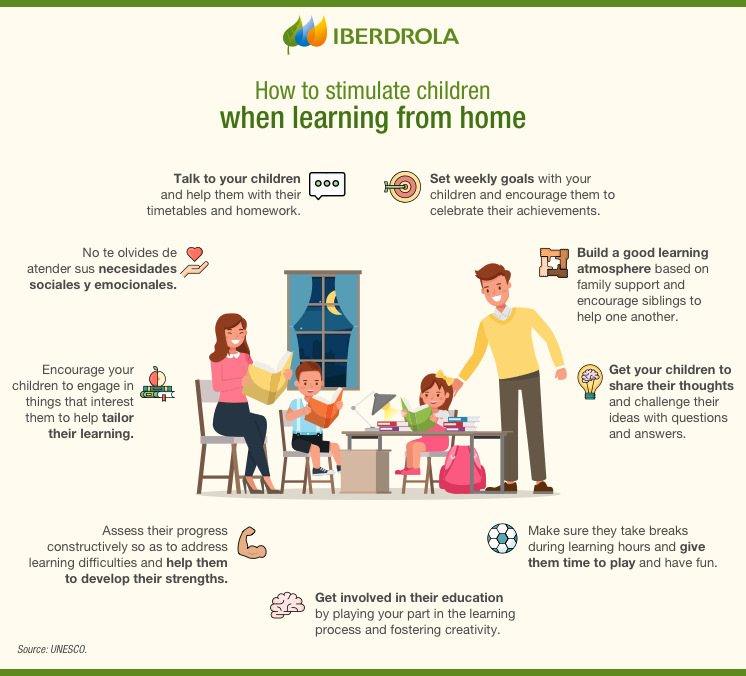Debating Success: Home Schooling Debate Skills

Debating Success: Home Schooling Debate Skills
The art of debate is a valuable skill that extends beyond the traditional classroom. For home-schooled students, cultivating debate skills not only enhances their ability to articulate ideas but also fosters critical thinking, research prowess, and effective communication. In this exploration, we delve into the significance of honing debate skills in the context of home schooling.
Developing Critical Thinking through Debates
Debating is a powerful tool for developing critical thinking skills. Home-schooled students engaging in debates learn to analyze information, consider different perspectives, and form well-reasoned arguments. This skill set is foundational, laying the groundwork for academic success and real-world decision-making.
Cultivating Effective Communication Abilities
Effective communication is at the core of successful debates. Home-schooled students, by actively participating in debates, refine their ability to express thoughts clearly, persuasively, and confidently. These skills are transferable to various aspects of life, from presenting ideas in professional settings to engaging in meaningful discussions within their communities.
Enhancing Research and Information Retrieval Skills
Debates demand a thorough understanding of the topics at hand, encouraging home-schooled students to enhance their research and information retrieval skills. The process of gathering evidence, assessing its reliability, and incorporating it into arguments contributes to the development of robust research abilities.
Promoting Active Listening and Rebuttal Skills
In the realm of debates, active listening is as crucial as speaking. Home-schooled students learn to listen attentively to their opponents’ arguments, allowing them to construct well-informed rebuttals. This dual focus on presenting their perspectives and responding thoughtfully to others fosters a balanced approach to communication.
Building Confidence and Public Speaking Prowess
Debating provides an excellent platform for home-schooled students to build confidence in public speaking. Through regular practice, students become more comfortable expressing their opinions in front of an audience. This newfound confidence extends beyond debates, positively influencing various aspects of their academic and personal lives.
Encouraging Teamwork and Collaboration
Debate competitions often involve teamwork, with home-schooled students collaborating to prepare and strategize. This collaborative aspect fosters teamwork skills, teaching students to work harmoniously with others, listen to diverse viewpoints, and contribute meaningfully to a shared goal.
Fostering a Love for Lifelong Learning
Engaging in debates nurtures a love for lifelong learning. Home-schooled students, through researching diverse topics for debates, develop intellectual curiosity and a passion for acquiring knowledge. This enthusiasm for learning extends beyond structured education, promoting a continuous quest for understanding.
Tailoring Debates to Individual Interests
One of the strengths of home schooling is the ability to tailor educational experiences to individual interests. Debates can be customized to align with students’ passions, allowing them to explore and express their viewpoints on topics they find particularly engaging. This personalized approach enhances motivation and enthusiasm for learning.
Looking Ahead: Home Schooling Debate Skills Resources
For resources and guidance on honing debate skills in home schooling, visit Home Schooling Debate Skills. This comprehensive resource offers tips, debate topics, and a supportive community for parents and students eager to embrace the art of debate in their


64be9b29b5881.jpg)




